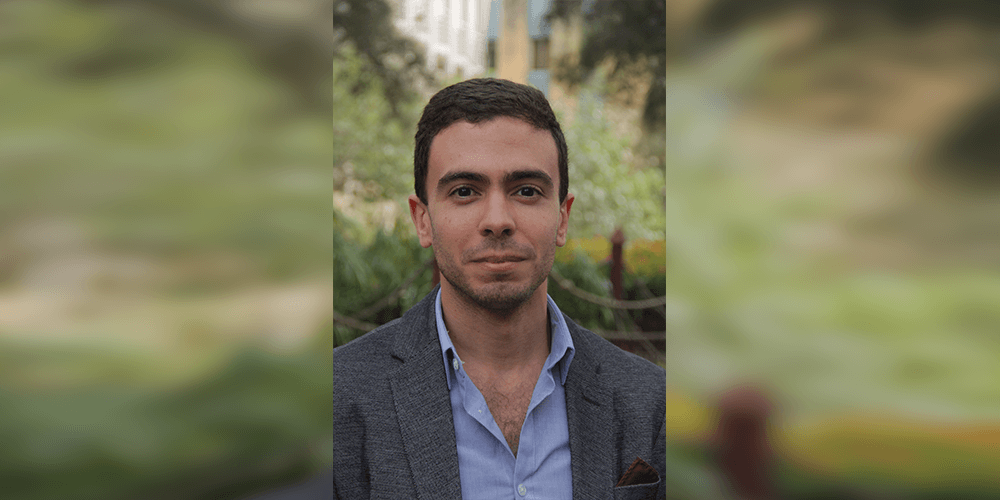Dr Jonathan Spiteri spent the last three years talking to businesses from across Europe about the circular economy. He found that better policy would help them embrace the idea of less wasteful production.
The circular economy has slowly seeped into public discourse worldwide. Supporters include the governments of Denmark and the Netherlands, as well as organisations like the Ellen MacArthur Foundation. One of the major early adopters is Philips, the tech giant. The global textiles industry has also taken significant strides fuelled in part by price volatility in fabrics like cotton, which will worsen with climate change. Public policy initiatives were set rolling through the European Union’s 2015 Circular Economy Action Plan.
So far, so good. And yet, the circular economy is still largely associated with waste management or recycling. In fact, even the EU’s Action Plan, for all its good intentions, places undue emphasis on EU-wide recycling targets and goals. Recycling is necessary, but it is a costly endeavour, both financially and environmentally. Recent estimates from global commodity markets indicate that recycled plastic is currently around 8% more expensive than virgin plastic per metric tonne, on average (see S&P Global Platts, 2019). Plus, is it really worth shipping recyclable waste halfway around the world, where it is sometimes incinerated?

Recycling is a mere sliver of what the circular economy is meant to be about. The focus should be on waste reduction, reuse, and repurposing or repair, with recycling a last resort of sorts. The uncomfortable truth is that a circular economy necessitates a radical rethink of our economic system. The onus should not be on resource efficiency, but on minimum usage and extraction. Products must be built to last, and their components must be recoverable for reuse or repurposing (or recycling, for that matter) at their end-of-life.
This shift requires businesses and their employees to learn new skills to design our products and supply chains to fit in with this paradigm. Consumers, too, will need to re-learn old skills like repair. From a business perspective, the time for hollow sustainability mission statements and tokenism is over, especially as global consumer demand for green businesses and products continues to rise unabated. Instead, if businesses want to ensure durability, serviceability, and recovery of raw materials, and successfully collaborate with some of the industrial leaders, they will have to adopt circular economy business models.
Paradigm shifts are daunting but they turn out to be good for business. Over the last few years, together with colleagues from the University of Malta and across Europe, I have been part of the Route 2 Circular Economy (R2π), a Horizon 2020 EU-funded project that focuses on facilitating the shift towards circular economy business models. We surveyed over 100 businesses, and held detailed interviews with another 22 businesses, spanning various sectors, sizes, and countries. A common thread emerged: adopting a circular economy business model can yield significant, tangible business benefits, from lower operating costs to reduced risks and improved customer retention.
Is it really worth shipping recyclable waste halfway around the world, where it is sometimes incinerated?
What’s more, with rising environmental awareness among citizens, coupled with technological advancements that facilitate such collaborative business models, there has never been a better time to go circular. For example, established fashion brands like Zara are developing their own sustainable natural fibres, with the aim of using 100% sustainable materials in their products by 2025. New ventures like Phenix in France have emerged to combat food waste while finding an alternative value chain for such produce.
This by no means suggests that the various industry barriers are gone. Resistance to change within businesses, as well as the stigma associated with using remanufactured products or components, continue hampering progress towards circularity. This is where governments can step in. Authorities can penalise the negative side-effects associated with existing linear business models, like resource depletion and landfilling of waste. They should also assist businesses seeking to go circular by tapping domestic and EU funds to invest in circular projects. The dawn of digitisation, including the implementation of distributed ledger (blockchain) technologies, should assist in closing the loop by enabling businesses and governments to track products and components throughout their life cycle.
The stakes have never been higher. In Malta, 92% of municipal waste is landfilled (National Statistics Office), despite a lack of space to store it. Internationally, the Great Pacific garbage patch, filled with marine debris, continues to grow after reaching the size of Texas. All of us can do our bit to facilitate this transition to a circular economy by holding businesses and governments to account, and adopting circular practices in our daily lives.
This project has received funding from the European Union’s Horizon 2020 research and innovation programme. More information about the findings at R2Pi Horizon 2020 here.





Comments are closed for this article!